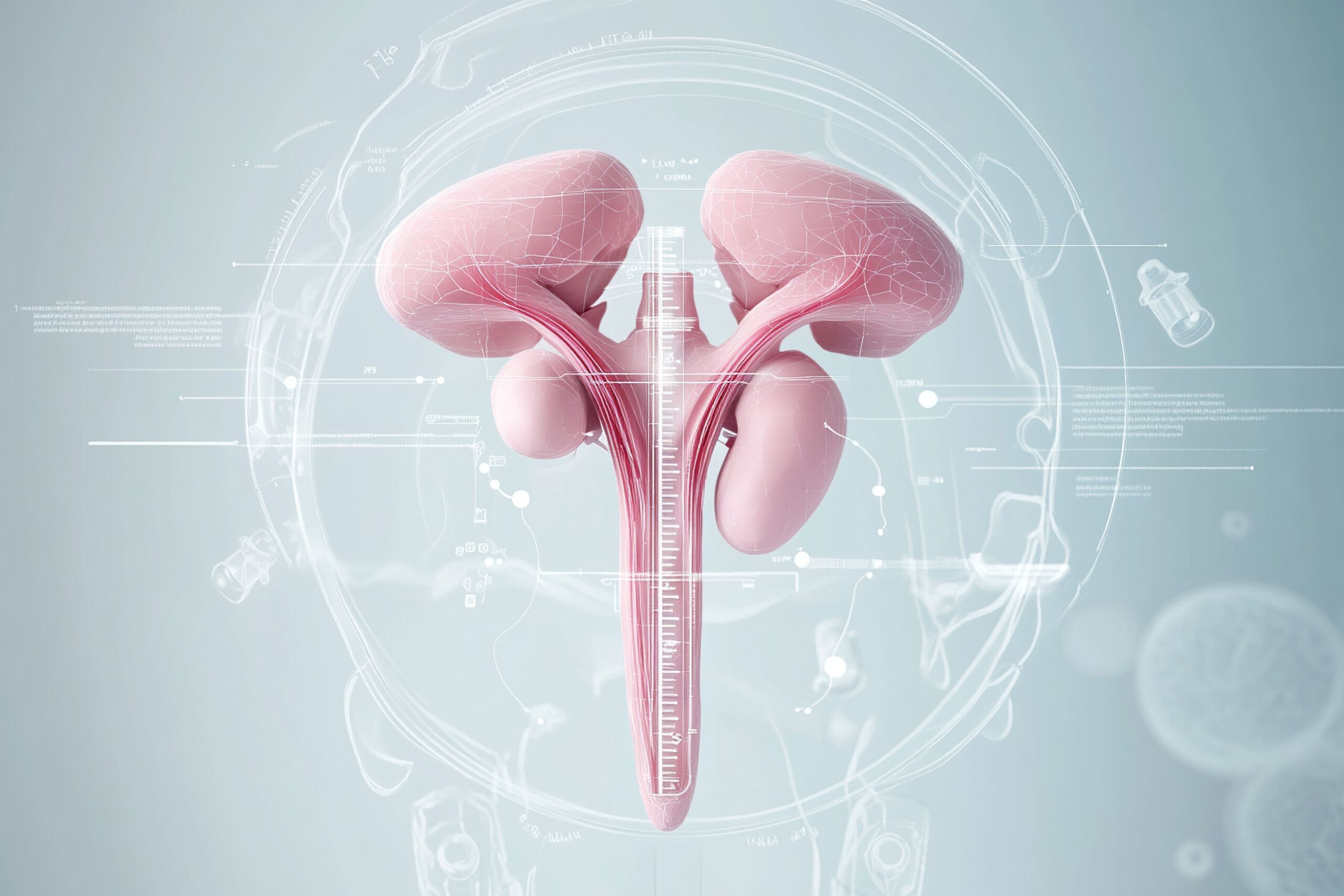
Polycystic ovary syndrome (PCOS) is considered to be one of the most common causes of infertility and anovulation in women all over the world. A press release published by the Ministry of Science & Technology on the Press Information Bureau (PIB) website in January 2023 noted that the prevalence of PCOS among women in India ranges between 3.7 and 22.5%.
So, if you are of reproductive age, is PCOS affecting your fertility? How would you know that? We have compiled into the blog all the basic things you should know about this common hormonal condition in women.
Is PCOS Affecting Your Fertility? What is PCOS?
PCOS, or polycystic ovary syndrome, is one of the most common endocrine system disorders that women of reproductive age suffer. It is a hormonal condition that causes ovarian cysts, irregular periods, and excess androgen levels in these women.
Is PCOS affecting your fertility with the following symptoms?
- Heavy bleeding during periods
- Missed or irregular periods
- High levels of androgen causing excess hair on face and body
- Ovaries show many egg sac cysts on ultrasound
- Increased pregnancy-related complications such as gestational diabetes, miscarriage, high blood pressure, and pre-eclampsia.
Is PCOS affecting your fertility? What are the methods to diagnose PCOS?
A single test has not been able to diagnose PCOS in a patient. Your doctor might perform different kinds of tests to rule out the possibilities of other risks before diagnosing PCOS. Some of these tests include:
- Physical exam for signs of acne, excess hair growth, and insulin resistance.
- Blood test to know the level of androgen, the excess of which can mimic PCOS
- Blood tests to know levels of triglyceride and fasting cholesterol
- Glucose tolerance test
- Radiodiagnosis, such as ultrasound to see the thickness of the uterus lining and the appearance of ovaries
In addition to these tests, your doctor might also ask you questions about your medical history before diagnosing PCOS.
Is PCOS Affecting Your Fertility: How is Your PCOS Treated?
More than one treatment method is followed to treat PCOS. However, all these treatment methods are determined after considering your symptoms, age, and overall health. The following are some of the major treatment methods for PCOS:
- Lifestyle changes such as following a healthy diet and exercising to reduce weight and control the risks and symptoms of type 2 diabetes
- Hormonal birth control to reduce acne, regulate menstrual cycle, and lower endometrial cancer risks
- Use of Clomifene, Metformin, and Anti-androgen medicines to control acne and hair growth and encourage ovulation.
- In-vitro fertilization (IVF) to treat infertility because of PCOS
- Eflornithine cream that can delay the growth of facial hair
Is PCOS affecting your fertility? PCOS and Fertility Diet
Here are a few food items you can include in your diet to improve fertility and deal with PCOS:
- Whole and unprocessed foods rich in nutrients and fiber such as fruits, vegetables, healthy oils, seeds, and nuts.
- Add fish, chicken, turkey, beans, and lean protein to all your meals.
- Fatty fish with a rich content of omega-3 fatty acids, leafy green vegetables, berries, and other anti-inflammatory foods
- Fiber-rich foods such as apples, sweet potatoes, and broccoli
- Foods that are rich in antioxidants
Further, these are a few things to limit or avoid in your diet if you suffer from PCOS-related infertility:
- Avoid refined and processed food.
- Avoid dairy products
- Avoid sugary beverages
- Limit the use of alcohol to special occasions
Is PCOS Affecting Your Fertility: How Can Credence Hospital Help?
Credence Hospital, a complete superspecialty health institute and research center for women, started as one of South India’s biggest assisted reproduction and IVF centers in 2001. Presently, we have a dedicated IVF, assisted reproduction, & infertility department for the diagnosis and treatment of infertility.
The department boasts the service of experienced physicians and employs assisted reproduction technologies such as in vitro fertilization (IVF), intrauterine insemination (IUI), intracytoplasmic sperm insertion (ICSI), assisted hatching, and embryo freezing. At Credence, you can make use of our patient education programs and donor programs as well.
Frequently Asked Questions:
- Is PCOS affecting your fertility by affecting the egg quality?
Some women who suffer from PCOS also experience insulin resistance. These two conditions together can result in low egg quality and a higher possibility of miscarriage.
- What is the best age for a woman with PCOS to get pregnant?
The best age for a woman with PCOS to get pregnant is from her twenties to their mid-thirties.
- What indicates poor egg quality in PCOS?
The following are some indications of poor egg quality in PCOS:
- Irregular periods
- Difficulty conceiving
- Recurrent miscarriages
- Low follicle count
- Low estradiol levels
- Low AMH levels
- Excess facial or body hair
- Acne or oily skin
- Sudden weight gain
- Is PCOS affecting your fertility and causing high-risk pregnancy?
Yes, PCOS can affect your fertility and be a cause of high-risk pregnancy.
Women with PCOS experience higher rates of gestational diabetes, miscarriage, and preeclampsia. Further, high levels of blood sugar in women with diabetes (who also have PCOS) can also lead to congenital disorders.



